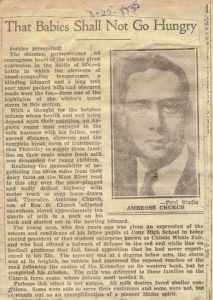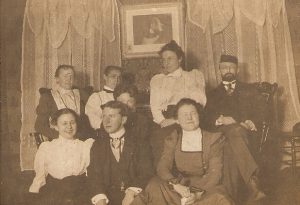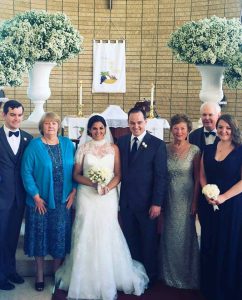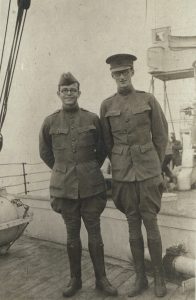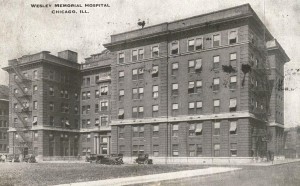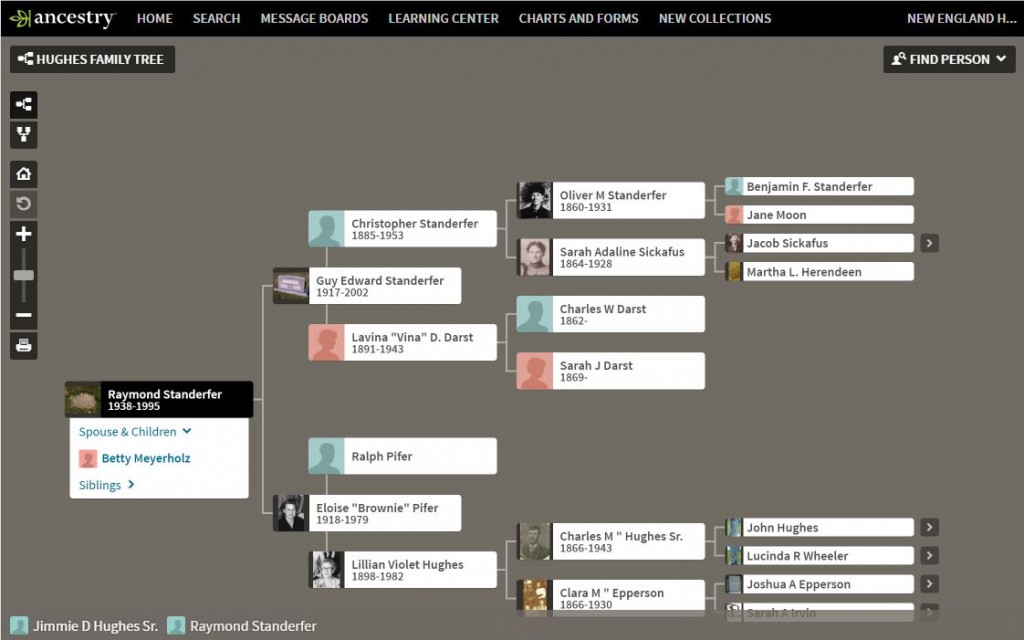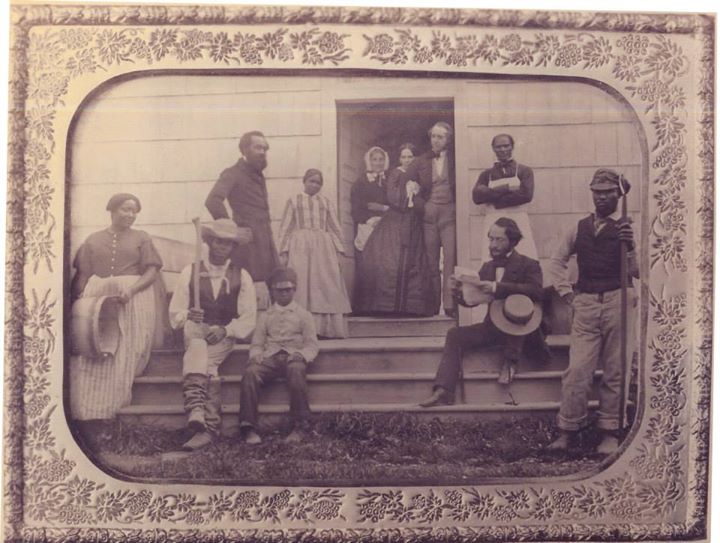
Philadelphia, Wednesday, 23 May 1866: We had a very successful day at Tom K’s.[2] and enjoyed our visit, spite of its unavoidable fatigue. It is a very pretty farming country there – low rolling hills – and from every summit the river winding away through wood and wold. He came up yest’y mg. to escort us down, though we assured him it was quite unnecessary – we would find our own way &c.
When here we offered to release him of the whole matter if he wished to remain in town on acct. of this news of disastrous financial panic in Eng’.d, received by telegraph from Halifax. Continue reading “What utter madness it seems”

